Bodybuilding Diet: Health Benefits And 7-Day Meal Plan
Fuel your way to mighty gains and transform your physique one bite at a time!
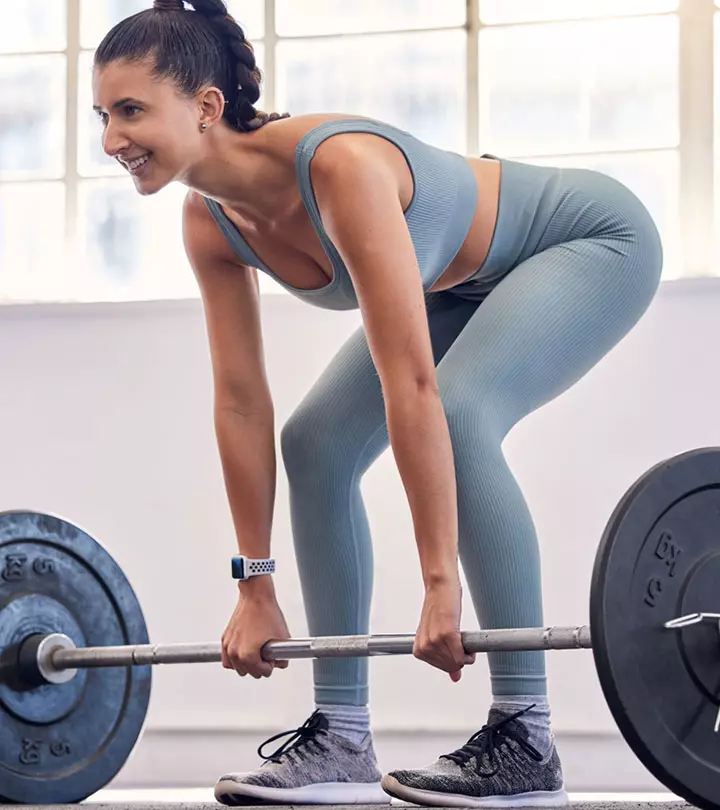
Image: Shutterstock
The bodybuilding diet is a nutritional strategy meticulously designed to optimize muscle growth, strength development, and physical transformation. This dietary approach focuses on a precise balance of macronutrients (proteins, carbs, and fats) to maximize your gains. In this diet, it is not just about what you eat but about the dedication and discipline that makes the difference, as the diet demands consistency and patience. In this article, we discuss the fundamental nutrition principles of the bodybuilding diet and how you can successfully harness the power of nutrition to achieve your fitness goals. Keep reading to learn more about the science behind this dietary plan!
 At A Glance: Bodybuilding Diet
At A Glance: Bodybuilding Diet- Principle: Focuses on high protein, moderate carbohydrate, and essential fat intake to support muscle growth and strength development.
- Purpose: To optimize muscle growth, enhance physical performance, and achieve a well-defined, muscular physique.
- Who Is It For: Aspiring and seasoned bodybuilders, athletes, and fitness enthusiasts seeking to build lean muscle mass and improve overall physical conditioning.
- Duration: Long-term
- Who Should Avoid: Individuals with nutritional deficiencies or dietary restrictions and those not actively engaged in strength training or fitness programs.
- Cons: A restrictive diet that may lead to an overconsumption of protein, causing potential kidney problems.
In This Article
What Is The Bodybuilding Diet?
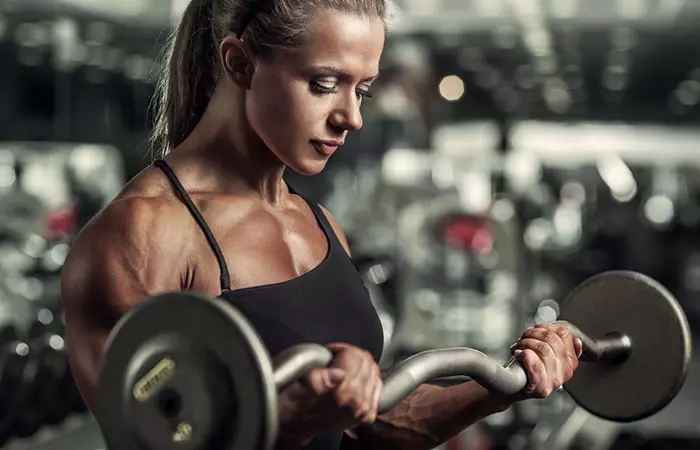
The bodybuilding diet is a nutritional regimen designed to support the goals of bodybuilders. Bodybuilding is a form of strength training focused on developing and sculpting muscle mass to ultimately achieve a highly defined and muscular physique.
One must adhere to certain key principles to achieve optimal results in bodybuilding. They are:
- Strength Training
Regular and intense training stimulates muscle growth and definition. Strength training uses resistance provided by your own body or external objects like weights to tone your muscles. It often involves targeted exercises that work on various muscle groups with progressively increasing weights and repetitions to challenge the muscles (1).
 Pro Tip
Pro Tip- Dietary Approach
It is characterized by specific nutritional strategies personalized to support muscle development and recovery. The science behind the bodybuilding diet is rooted in the manipulation of macronutrients and caloric intake to stimulate muscle hypertrophy or growth.
This diet focuses on the consumption of proteins, fats, and carbs in a specific ratio as they are essential to promote optimal health and help you get the physique you desire. Protein intake, in particular, is critical as it supplies the amino acids needed for muscle protein synthesis (2). Carbohydrates help restore glycogen, ensuring sustained energy for demanding workouts (3). Fats are essential for the production of hormones like testosterone, which is pivotal for muscle development (4), (5).
Bodybuilders are often advised to aim for a typical macronutrient breakdown of approximately 25% to 30% of daily calories from protein, about 55-60% from carbohydrates, and roughly 15% to 20% from fats (6).
Depending on your bodybuilding goals, there are two phases of the diet you can choose to follow:
- Bulking Phase: During the bulking phase, bodybuilders typically increase their calorie intake, with a focus on higher carb and protein intake to support muscle gain. They pair this with a focus on intense resistance training as it stimulates muscle growth and strength development. This phase typically lasts for several months, giving the body ample time to accumulate muscle mass.
- Cutting Phase: In contrast, during the cutting phase, bodybuilders reduce calorie intake and often increase protein consumption while decreasing carbs and fats to shed excess body fat while preserving muscle mass. This phase is all about achieving a lean and defined physique and generally lasts for a few months or until the desired level of leanness is achieved.
Bodybuilders continuously switch between these phases to optimize their physique. They strategically build muscle and then sculpt it by shedding excess body fat. Thus, a well-structured bodybuilding diet, combined with effective training, can yield impressive results in terms of muscle size, definition, and overall physique. A well-planned bodybuilding diet can help people perform better in sports by boosting their strength and endurance, which allows them to exercise longer and harder. This diet helps maximize energy levels and promotes quicker recovery following intense workouts by coordinating nutrition with physical objectives. However, it is important to customize the diet to individual goals and monitor progress carefully.
This means involving an expert, such as a registered dietitian or sports nutritionist along with your healthcare physician, who can assess your specific goals, body composition, activity level, and dietary preferences to create a tailored plan. They also help evaluate your overall health and consider any pre-existing medical conditions or dietary restrictions. Their tips and guidance can help you formulate an ideal nutrition meal plan that helps fuel your performance. A well-suited bodybuilding diet can not only enhance muscle growth but also offer various additional benefits. Keep scrolling to learn more about them.
Key Takeaways
- The bodybuilding diet focuses on protein-rich meals along with wholesome complex carbohydrate and healthy fat consumption to promote muscle growth and recovery.
- This dietary approach can be combined with rigorous strength training to achieve optimal results in bodybuilding.
- Having a personalized dietary plan crafted by an expert is recommended to properly address specific fitness goals, body types, and dietary restrictions.
Benefits Of The Bodybuilding Diet
Along with improved muscle strength and recovery, the bodybuilding diet also provides the following benefits:
1. May Help In Weight Management
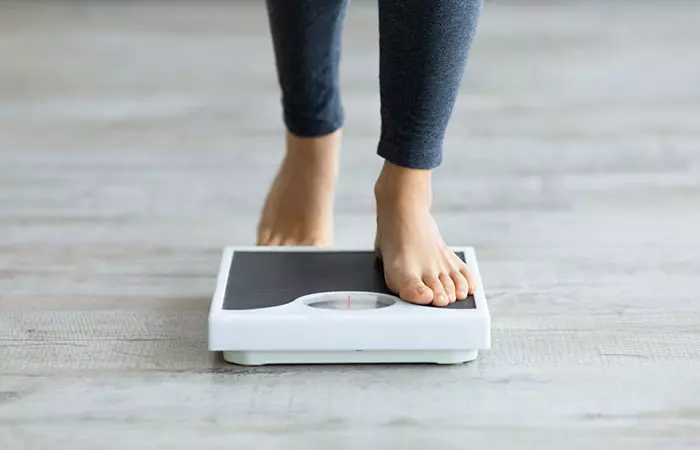
The bodybuilding diet is a type of high-protein diet that makes up about 20-30% of your daily energy intake. These diets may help you lose more weight than low-protein diets (15-20%) because they keep you satiated, preserve lean body mass, and increase the calories your body burns during digestion (7).
2. May Promote Bone Health
Studies have shown that a diet rich in fruits, vegetables, low-fat dairy, whole grains, poultry, fish, nuts, and legumes may promote good bone health. It leads to improved bone density and a reduced risk of fractures (8). There is also moderate evidence indicating that a higher protein intake may provide protective benefits for bone mineral density in the lumbar spine when compared to a lower protein intake (9). This diet also focuses on the intake of essential nutrients like calcium and vitamin D to further support bone health (10).
3. May Improve Insulin Sensitivity
A well-balanced diet can enhance insulin sensitivity, helping regulate blood sugar levels. This is particularly beneficial for individuals at risk of or dealing with type 2 diabetes (11).
4. May Promote Heart Health
Incorporating heart-healthy foods like lean proteins, nuts, and whole grains into your daily diet can lead to better cardiovascular health. These foods help lower cholesterol levels and reduce the risk of heart disease (12).
5. May Boost Mental Well-Being

This diet plan is generally paired with strength training exercises that may positively impact mental health. The endorphins released during workouts and the nutritional support for brain function can reduce stress and enhance mood (13).
6. May Improve Your Sleep
This diet may help regulate your sleep pattern. Eating balanced macronutrients and following a regular meal schedule may help you get better sleep quality and duration (14).
7. May Reduce The Risk Of Chronic Diseases
The combination of muscle-building activities and a nutritious diet may reduce the risk of chronic diseases like obesity, heart disease, and certain cancers (15).
Thus, to capitalize on these advantages effectively, it is essential to plan a diet as per your needs. Unlock the full potential of the bodybuilding diet by aligning your dietary choices with your specific fitness objectives. Keep reading to find out how you can do so successfully.
How Do I Plan A Diet For Bodybuilding?
Keep the following points in mind while planning a personalized diet for bodybuilding:
1. Manage Your Expectations
Set clear and realistic goals and define your exact bodybuilding needs. It could be focusing on muscle gain, fat loss, or simply overall strength improvement. Having well-defined objectives can better guide your dietary choices.
2. Calculate Your Caloric Needs
Calorie intake directly impacts bodybuilding goals by determining whether you gain muscle (caloric surplus), lose fat (caloric deficit), or maintain your current physique (maintenance calories). Adjusting your calorie intake accordingly is essential for achieving specific fitness objectives.
You can determine your daily caloric requirements based on factors like age, gender, weight, activity level, and goals. Online calculators and consultations with experts like a registered dietitian can assist in this process.
3. Focus On Nutritious Meals
Your diet should include whole, nutrient-dense foods like lean meats, fish, poultry, vegetables, fruits, and low-fat dairy. These foods provide essential vitamins and minerals for overall health.
4. Balance Macronutrients Appropriately
The ratio of macronutrients in a bodybuilding diet can vary depending on individual goals, preferences, and dietary needs. As previously mentioned, bodybuilders generally follow a typical daily macronutrient breakdown of approximately 25-30% of daily calories from protein, 55-60% from carbohydrates, and around 15-20% from fats. However, you should consult a healthcare professional or certified dietitian to get a customized macronutrient breakdown based on your specific goals and health condition.
5. Prioritize Pre- and Post-Workout Nutrition
Tailor your pre-workout and post-workout meals to optimize your performance and recovery. A combination of protein and carbohydrates before and after workouts can be effective. Also, proper hydration is equally important. Aim to drink plenty of water to support your digestion, muscle function, and overall well-being.
6. Consider Protein-Based Supplements

Adding supplements like protein powder, creatine, and branched-chain amino acids (BCAAs) to your diet may help fill nutrient gaps, prevent nutrient deficiencies, and support muscle growth (16). However, keep in mind to consult with a healthcare provider or dietitian before adding supplements to your diet. Track your progress on a regular basis and make necessary dietary adjustments to maximize results.
Remember that planning a bodybuilding diet is not a one-size-fits-all approach. Patience and consistency are key as you work toward achieving your desired physique and overall fitness.
Creating a long-term meal planning habit is the first step to ensure your bodybuilding diet is effective. Scroll down to know more.
Meal Planning Strategies
Maintaining a bodybuilding diet requires careful meal planning. This involves preparing meals in advance, keeping track of macronutrient intake, and paying attention to portion sizes. Meal prep containers can help you keep portions under control and guarantee that healthy selections are available all week long. You can save time, lower stress levels, and maintain consistency with your dietary goals by setting out a designated day for meal preparation. Ensure a balanced intake of vital nutrients, which is a crucial aspect of bodybuilding success. This approach helps avoid boredom by switching up your weekly meal alternatives. Do remember to include snacks like protein bars or smoothies to quickly satisfy your calorie and protein needs.
Now that you have outlined your dietary strategy, the next step is knowing what to eat to achieve your goals. Find out what you can include in this diet in the next section.
Foods To Eat On The Bodybuilding Diet
Here are the key food groups you need to include in your diet to fuel your performance:
1. Lean Proteins
- Chicken breast
- Turkey
- Lean cuts of beef (in moderation)
- Fish
- Eggs
- Tofu
- Legumes
2. Complex Carbohydrates
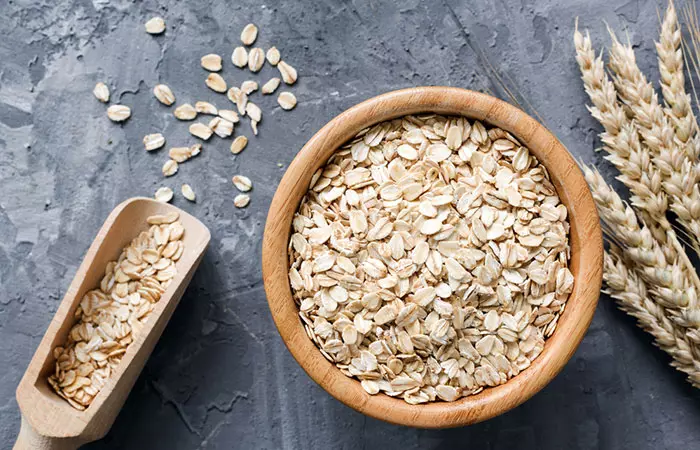
- Oats
- Brown rice
- Quinoa
3. Healthy Fats
- Avocados
- Nuts
- Seeds
- Olive oil
4. Fruits And Vegetables
- Apple
- Berries
- Cherry
- Kale
- Spinach
- Tomatoes
5. Dairy
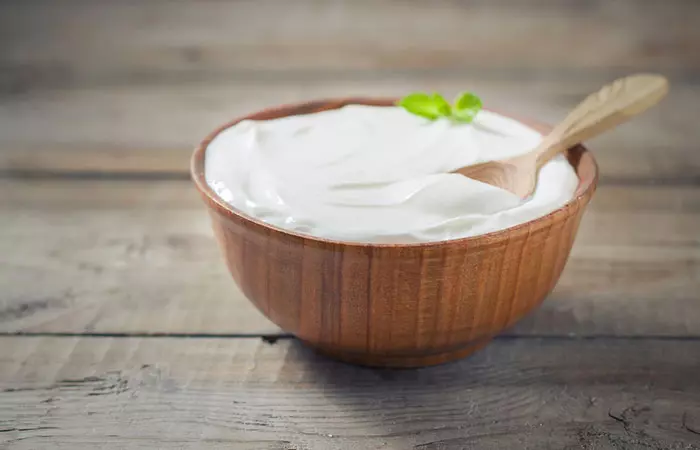
- Greek yogurt
- Cottage cheese
- Plant-based dairy alternatives
Aside from these foods, you can also include protein shakes, sports drinks, and other nutritional supplements. However, check out the following section to learn more about the foods you need to steer clear of.
Foods To Avoid On The Bodybuilding Diet
Here are the key food groups you need to exclude from your diet:
1. Processed Foods
- Canned fish, vegetables, or fruits
- Breakfast cereals
- Microwave-ready meals
- Certain types of cheese
- Processed meats like bacon, sausage, and ham.
2. Sugary Beverages
- Soda
- Artificial fruit juices
- Drinks with added sugar
3. Trans Fats
- Fried foods
- Baked goods
4. Excessive Alcohol
- Beer and any craft ciders
- Limit even hard low-calorie liquors like rum, vodka, and whisky to just a glass
5. Snacks
- High-sodium snacks
- Snacks with minimal nutritional value
6. Fatty Cuts Of Meat
- Pork belly
- Ribeye
- T-bone steaks
- Chicken thighs
With the aforementioned foods in mind, we have created a sample bodybuilding meal plan to help you get started on this diet. Scroll down to learn more.
7-Day Sample Bodybuilding Meal Plan
| Day 1 |
|---|
| Meal | What To Eat |
|---|---|
| Breakfast | Scrambled eggs with spinach and mushrooms (2 eggs), whole-grain toast (1 slice) |
| Lunch | Grilled chicken breast (6 oz) with quinoa (1 cup) and steamed broccoli (1 cup) |
| Snack | Greek yogurt (6 oz) with mixed berries |
| Dinner | Baked salmon (6 oz) with roasted sweet potatoes (1 cup) and asparagus (1 cup) |
| Day 2 |
|---|
| Meal | What To Eat |
|---|---|
| Breakfast | Oatmeal (1 cup) with a sliced banana and a scoop of almond butter |
| Lunch | Cottage cheese (6 oz) with pineapple chunks |
| Snack | Almonds (1 oz) |
| Dinner | Lean beef stir-fry (6 oz) with mixed vegetables and brown rice (1 cup) |
| Day 3 |
|---|
| Meal | What To Eat |
|---|---|
| Breakfast | Protein smoothie (1 glass) with whey protein, spinach, banana, and almond milk |
| Lunch | Grilled shrimp salad (1 cup) with mixed greens, cherry tomatoes, and balsamic vinaigrette |
| Snack | Cottage cheese (6 oz) with sliced peaches |
| Dinner | Baked chicken thighs (6 oz) with quinoa (1 cup) and roasted Brussels sprouts (1 cup) |
| Day 4 |
|---|
| Meal | What To Eat |
|---|---|
| Breakfast | Protein waffles (2) with sliced strawberries and a side of scrambled eggs (2) |
| Lunch | Lentil and vegetable soup (1 cup) with a side of whole-grain crackers |
| Snack | Sliced apple (1) with a scoop of almond butter |
| Dinner | Pork tenderloin (6 oz) with sweet potato fries and steamed green beans (1 cup) |
| Day 5 |
|---|
| Meal | What To Eat |
|---|---|
| Breakfast | Spinach and feta omelet (2 eggs) with whole-grain toast (1 slice) |
| Lunch | Grilled chicken breast (6 oz) salad with mixed greens, avocado, and olive oil dressing |
| Snack | Cottage cheese (6 oz) with sliced mango |
| Dinner | Baked tilapia (6 oz) with quinoa (1 cup) and saut??ed spinach (1 cup) |
| Day 6 |
|---|
| Meal | What To Eat |
|---|---|
| Breakfast | Greek yogurt (6 oz) parfait with granola and mixed berries |
| Lunch | Turkey and vegetable stir-fry with quinoa (1 cup) |
| Snack | Hard-boiled eggs (2) |
| Dinner | Lean ground beef (6 oz) chili with kidney beans, tomatoes, and bell peppers. |
| Day 7 |
|---|
| Meal | What To Eat |
|---|---|
| Breakfast | Whole-grain pancakes (2) with blueberries and a side of scrambled eggs (2) |
| Lunch | Tofu and vegetable stir-fry with brown rice (1 cup) |
| Snack | Mixed nuts (1 oz) |
| Dinner | Baked cod (6 oz) with wild rice (1 cup) and steamed asparagus (1 cup) |
Remember to consult with a registered dietitian for personalized guidance. This is a sample meal plan, and you need to adjust your portion sizes and macronutrient ratio based on your specific dietary needs and fitness goals.
 Pro Tip
Pro TipThus, with proper professional guidance, the bodybuilding diet can help you maximize your gains. However, every coin has two sides, and this diet has its advantages and disadvantages. Keep reading to learn more about them.
Pros And Cons Of The Bodybuilding Diet
Here are some pros and cons of the bodybuilding diet that you should consider before adopting it into your daily routine:
Pros
- Focuses on the consumption of nutritious meals.
- May help you build muscle strength, boost muscle recovery, and lose fat.
- May improve your overall health and well-being.
Cons
- Can be restrictive in nature and lead to nutrient deficiencies if not followed correctly.
- Can be complicated to calculate your macros and require professional assistance, which may be expensive.
- Can be difficult to stick to and make socializing difficult.
Infographic: Key Macronutrients In The Bodybuilding Diet
The bodybuilding diet helps fuel your exercise performance effortlessly with a proper nutrition plan consisting of key nutrients. It is carefully developed under the guidance of experts to suit your needs and preferences. Check out the following infographic to learn more about the key macronutrients that play a pivotal role in the bodybuilding diet.
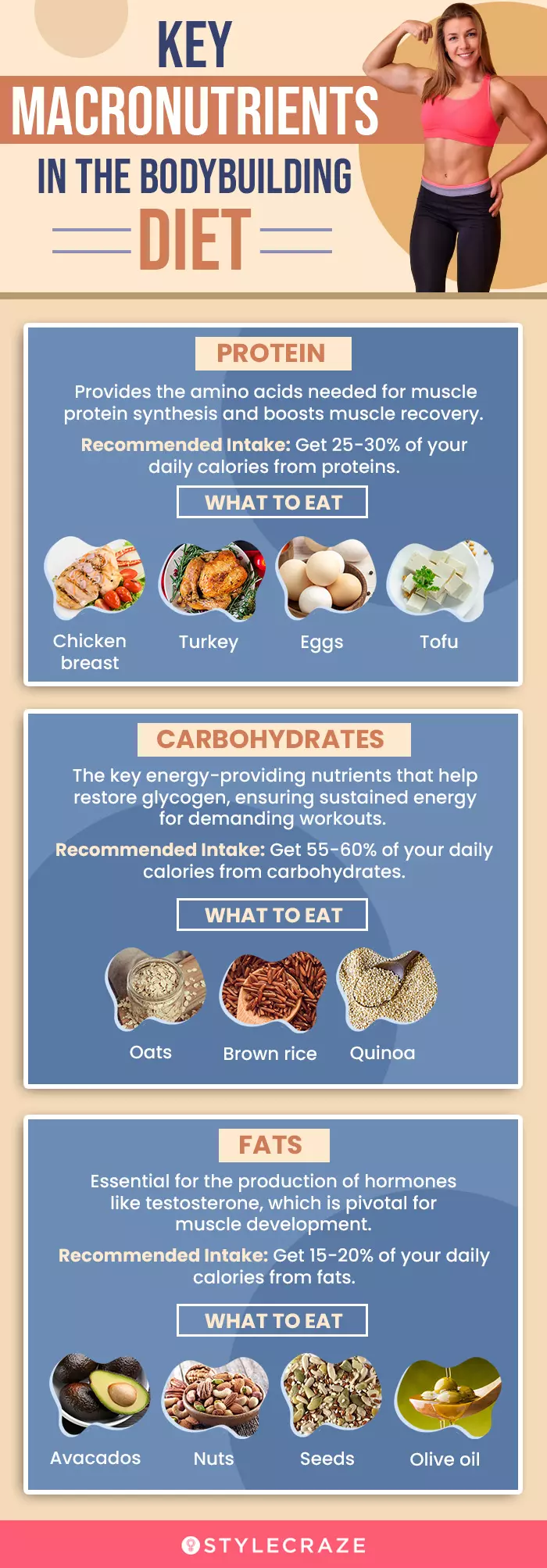
Illustration: StyleCraze Design Team
The bodybuilding diet is a high-calorie, high-protein diet intended to help bodybuilders gain strength and muscle. It requires incorporating complex carbs, lean protein sources, fruits, vegetables, and healthy fats into your diet to meet your caloric needs. The bodybuilding diet can be an excellent way to enhance your physique and general health. However, it is important to note that before beginning any new diet, it is necessary to do your homework and speak with a certified healthcare provider or dietitian. Also, note that building muscle and strength takes time and effort. Nevertheless, this diet can help you achieve your bodybuilding goals and get the physique you desire.
Frequently Asked Questions
What is the 40-40-20 diet for bodybuilding?
The 40-40-20 diet for bodybuilding is a macronutrient distribution plan where 40% of daily calories come from carbohydrates, 40% from protein, and 20% from fats. This ratio is designed to support muscle growth and fitness goals by providing balanced nutrition.
Is meal timing important for bodybuilding?
Meal timing is important for bodybuilding as consuming the right nutrients before and after workouts can optimize your performance and recovery. Pre-workout meals should contain carbs and protein for energy, while post-workout meals should focus on protein to aid muscle repair and growth (17).
How can I adjust my bodybuilding diet for vegetarian or vegan preferences?
You can rely on plant-based protein sources like tofu, tempeh, legumes, and quinoa. Try incorporating a variety of vegetables, fruits, and whole grains as they provide essential nutrients. Additionally, taking plant-based protein supplements can help you meet your protein requirement in the absence of animal products.
Discover how protein, carbs, and fats play an important role in sculpting your physique and optimizing your workouts in the following video. It breaks down the essentials of the bodybuilding diet for easy understanding.
References
Articles on StyleCraze are backed by verified information from peer-reviewed and academic research papers, reputed organizations, research institutions, and medical associations to ensure accuracy and relevance. Read our editorial policy to learn more.
- Training Programs Designed for Muscle Hypertrophy in Bodybuilders: A Narrative Review
https://www.ncbi.nlm.nih.gov/pmc/articles/PMC7698840/ - Protein Intake and Exercise-Induced Skeletal Muscle Hypertrophy: An Update
https://www.ncbi.nlm.nih.gov/pmc/articles/PMC7400877/ - Fundamentals of glycogen metabolism for coaches and athletes
https://www.ncbi.nlm.nih.gov/pmc/articles/PMC6019055/ - The Effect of Macronutrients on Reproductive Hormones in Overweight and Obese Men: A Pilot Study
https://www.ncbi.nlm.nih.gov/pmc/articles/PMC6950136/ - Effect of testosterone on muscle mass and muscle protein synthesis
https://pubmed.ncbi.nlm.nih.gov/2917954/ - Macronutrient considerations for the sport of bodybuilding
https://pubmed.ncbi.nlm.nih.gov/15107010/ - Defining the optimal dietary approach for safe, effective and sustainable weight loss in overweight and obese adults
https://www.ncbi.nlm.nih.gov/pmc/articles/PMC6163457/ - Nutrients and Dietary Patterns Related to Osteoporosis
https://www.ncbi.nlm.nih.gov/pmc/articles/PMC7400143/ - Dietary protein intake and bone health
https://www.ncbi.nlm.nih.gov/pmc/articles/PMC7155358/ - Calcium and Vitamin D: Skeletal and Extra skeletal Health
https://www.ncbi.nlm.nih.gov/pmc/articles/PMC2669834/ - The Role of Diet on Insulin Sensitivity
https://www.ncbi.nlm.nih.gov/pmc/articles/PMC7600669/ - High cholesterol: Lowering cholesterol without tablets
https://www.ncbi.nlm.nih.gov/books/NBK279316/ - The Role of Exercise in Management of Mental Health Disorders: An Integrative Review
https://www.ncbi.nlm.nih.gov/pmc/articles/PMC8020774/ - Nutritional Elements in Sleep
https://www.ncbi.nlm.nih.gov/pmc/articles/PMC9859770/ - Physical activity, exercise, and chronic diseases: A brief review
https://www.ncbi.nlm.nih.gov/pmc/articles/PMC9219321 - The effects of protein supplements on muscle mass, strength, and aerobic and anaerobic power in healthy adults: a systematic review
https://pubmed.ncbi.nlm.nih.gov/25169440/ - International society of sports nutrition position stand: nutrient timing
https://www.ncbi.nlm.nih.gov/pmc/articles/PMC5596471/
Read full bio of Mary Sabat
Read full bio of Payal Karnik
Read full bio of Arshiya Syeda
Read full bio of Aparna Mallampalli







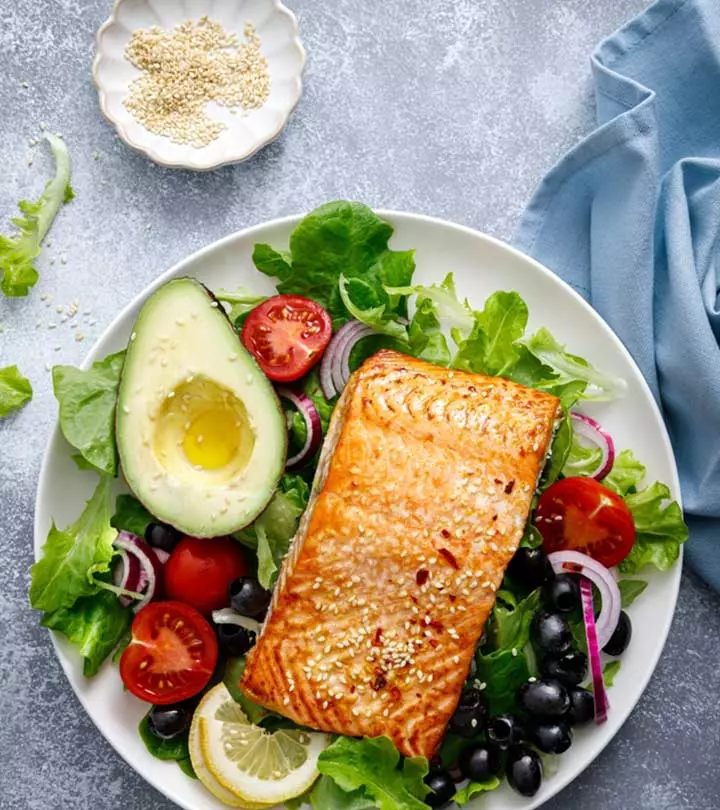
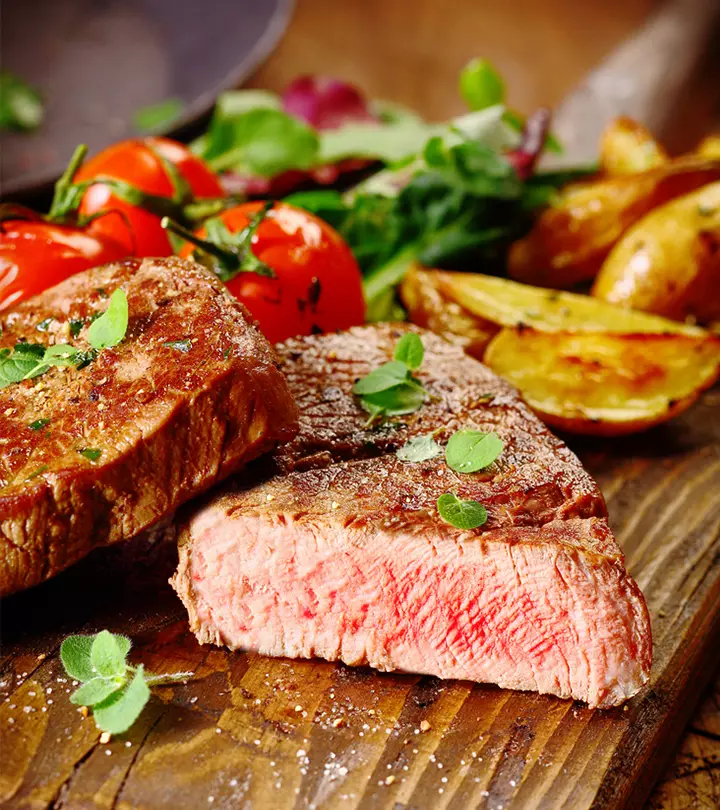
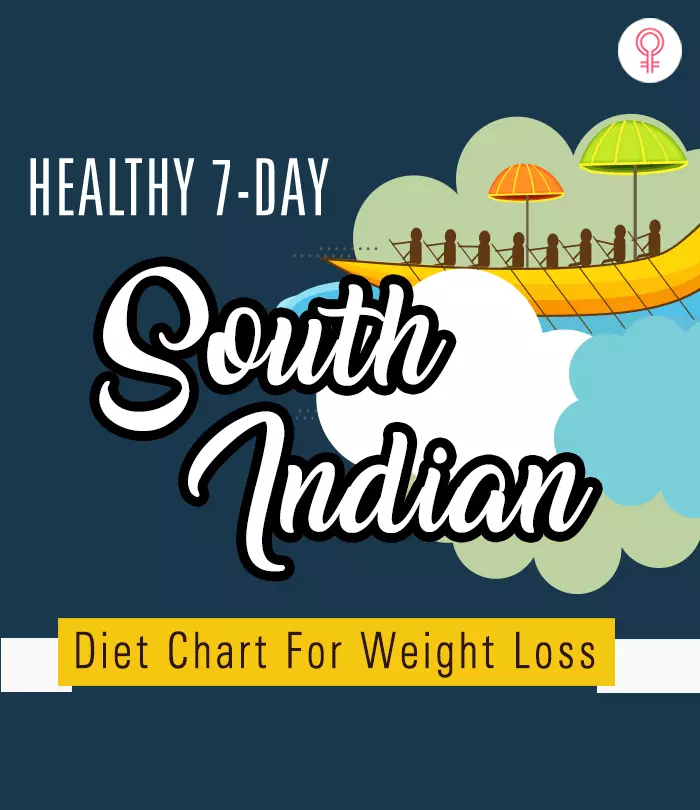

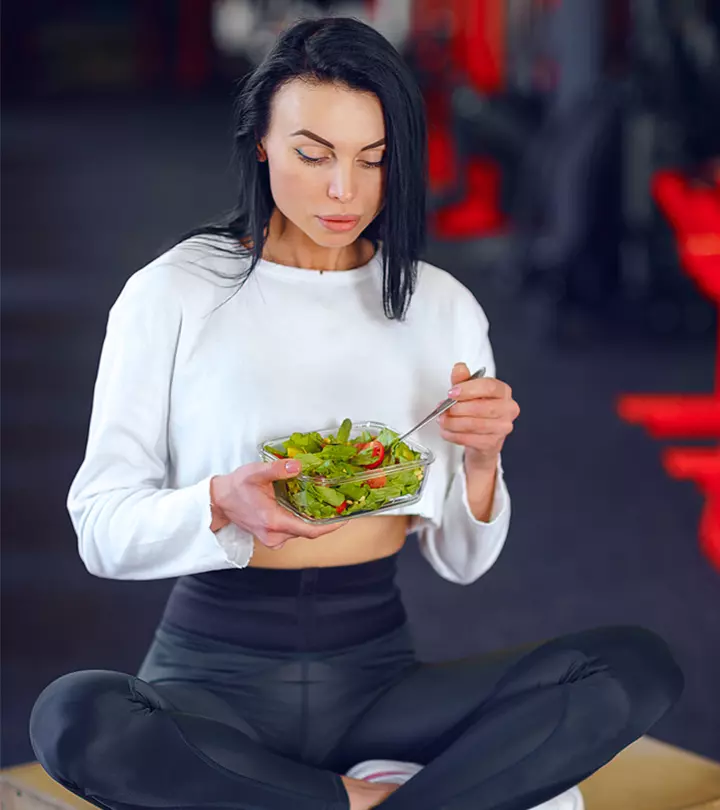

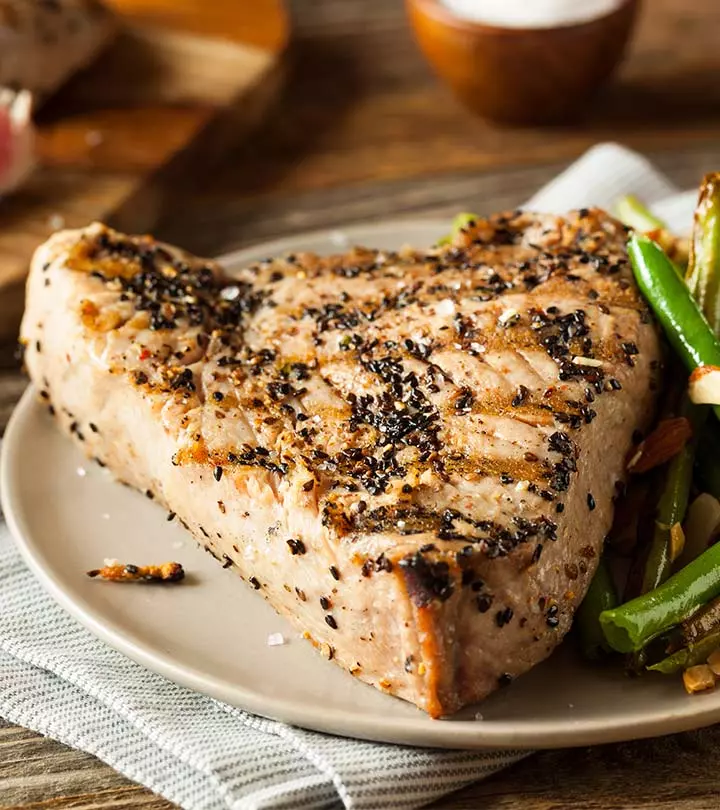


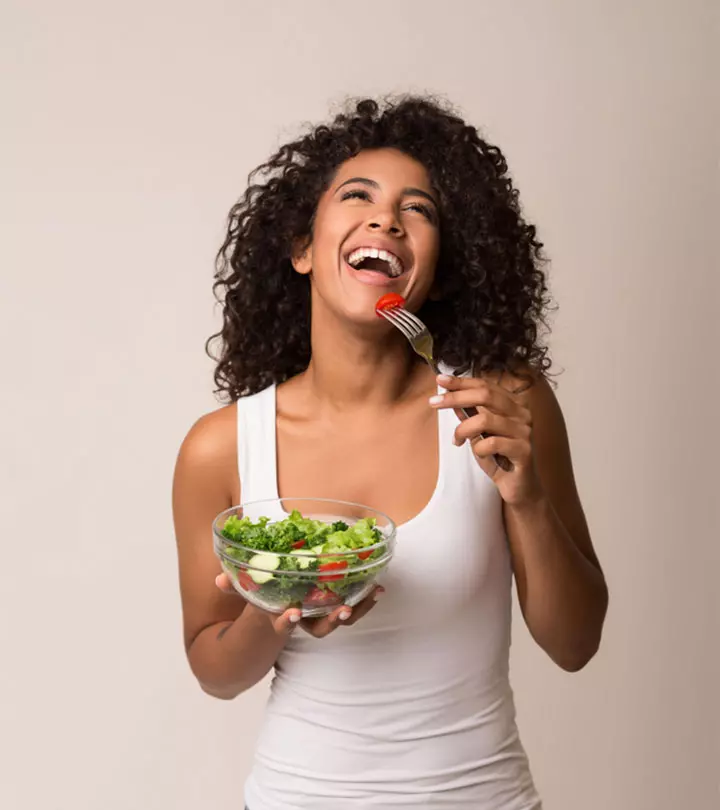
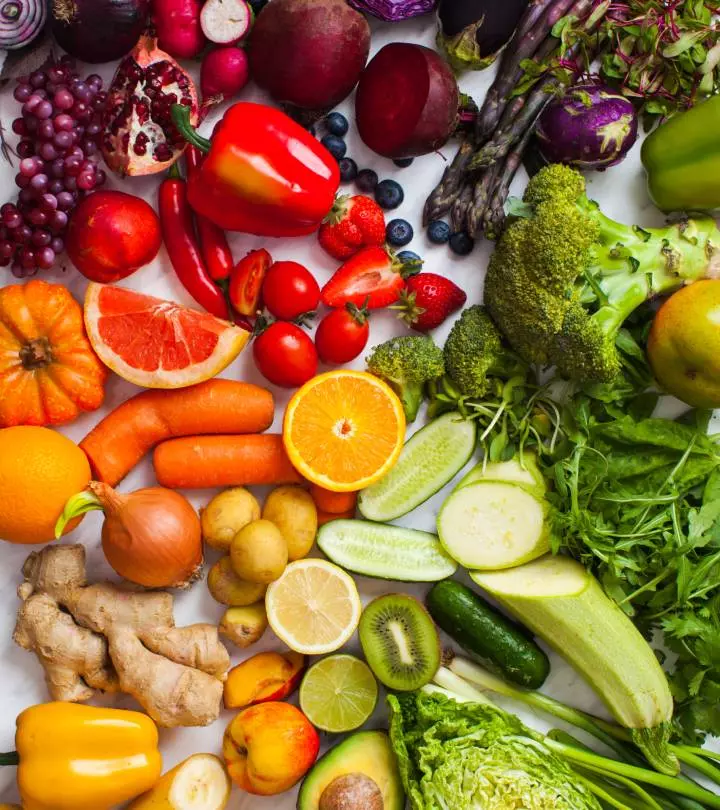

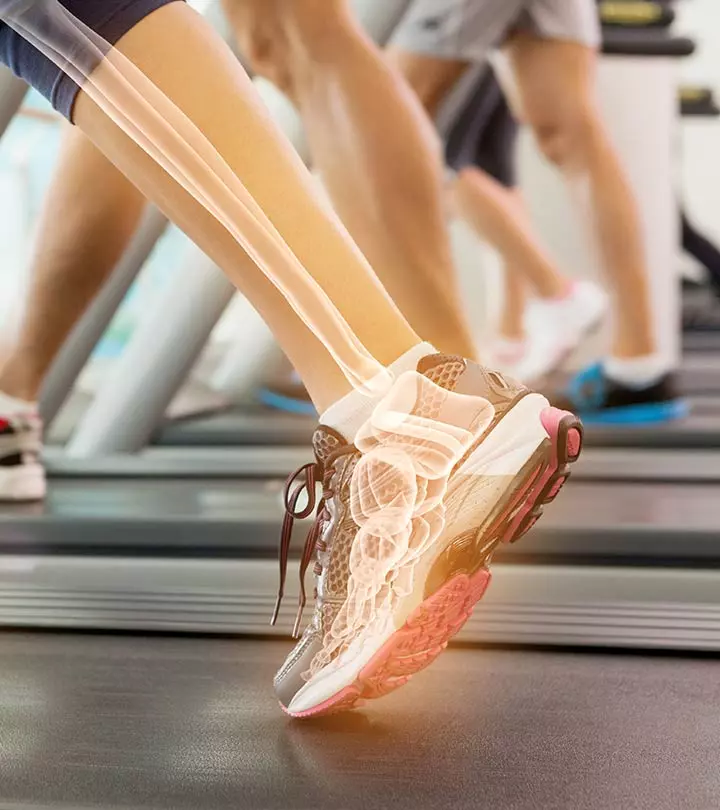

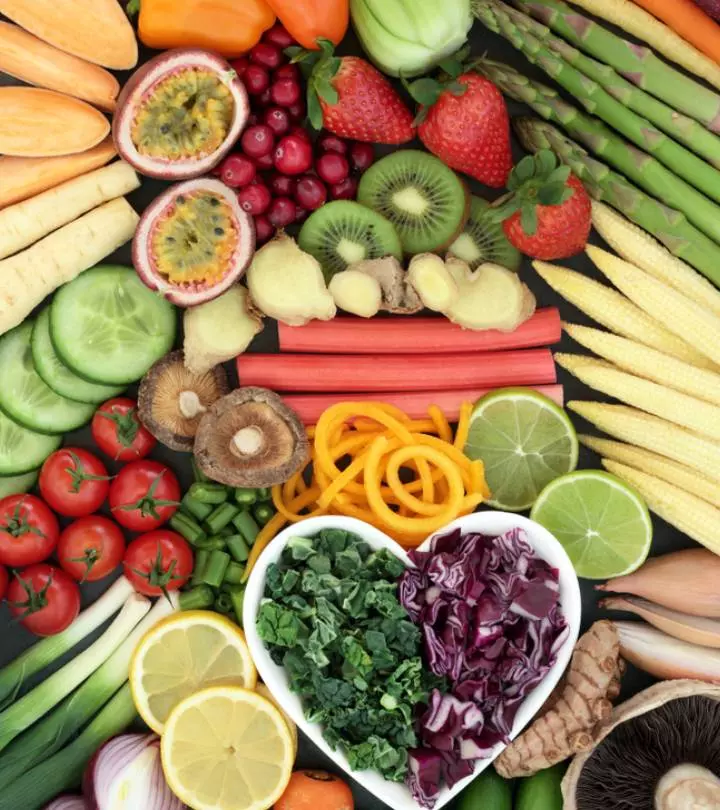

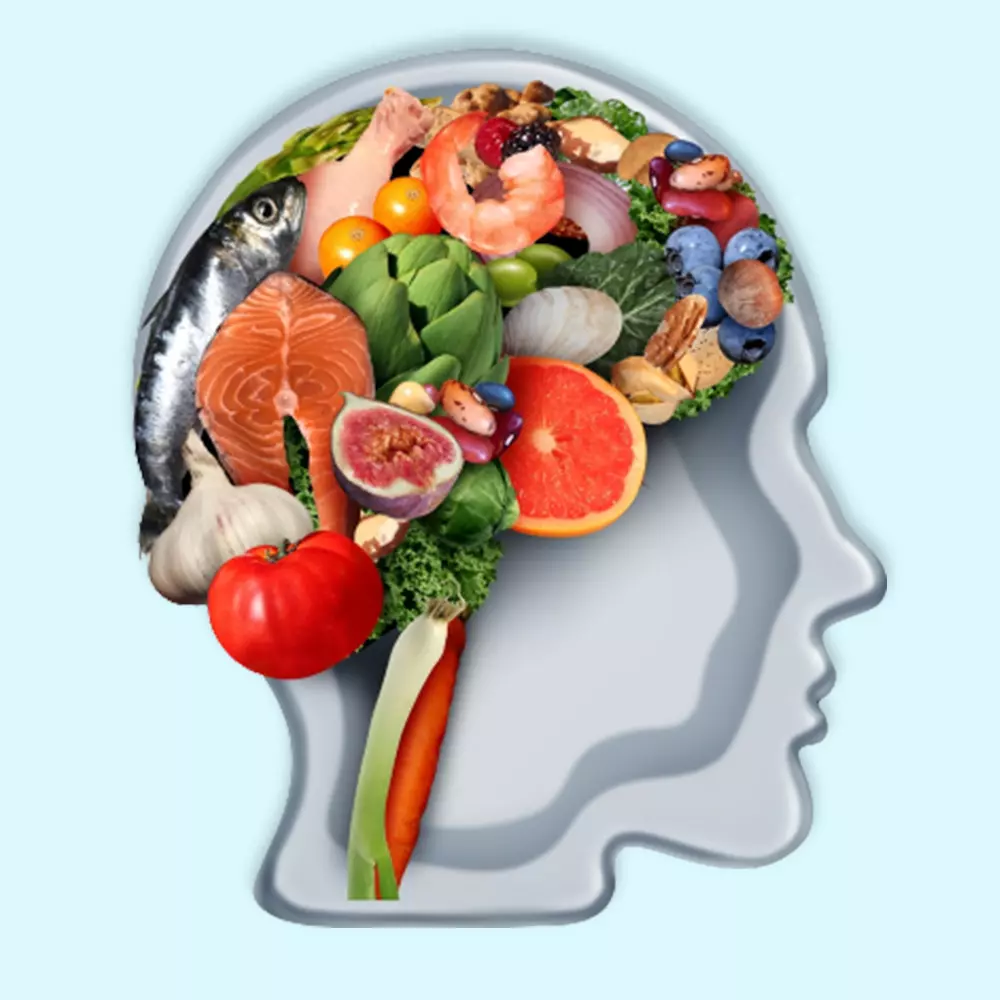
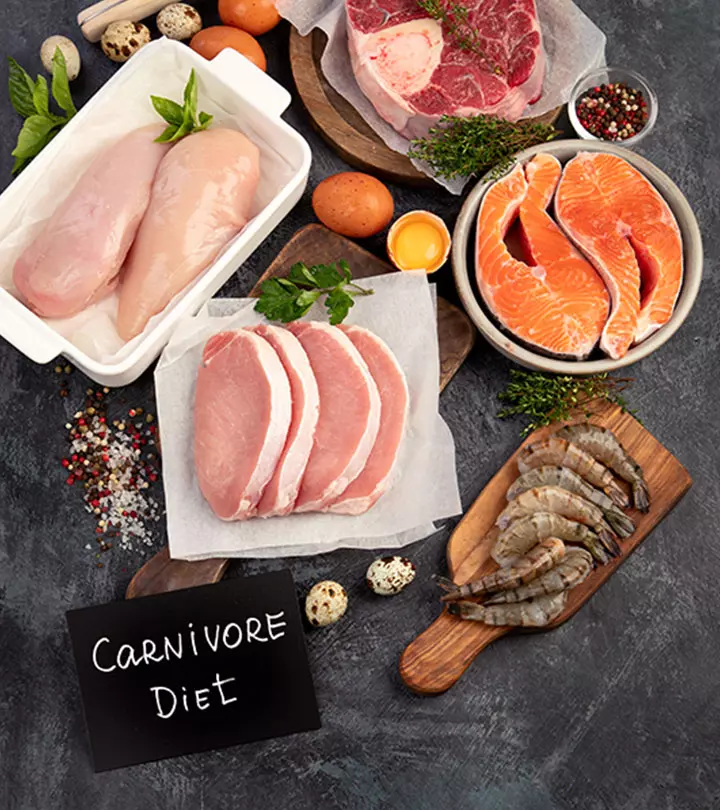
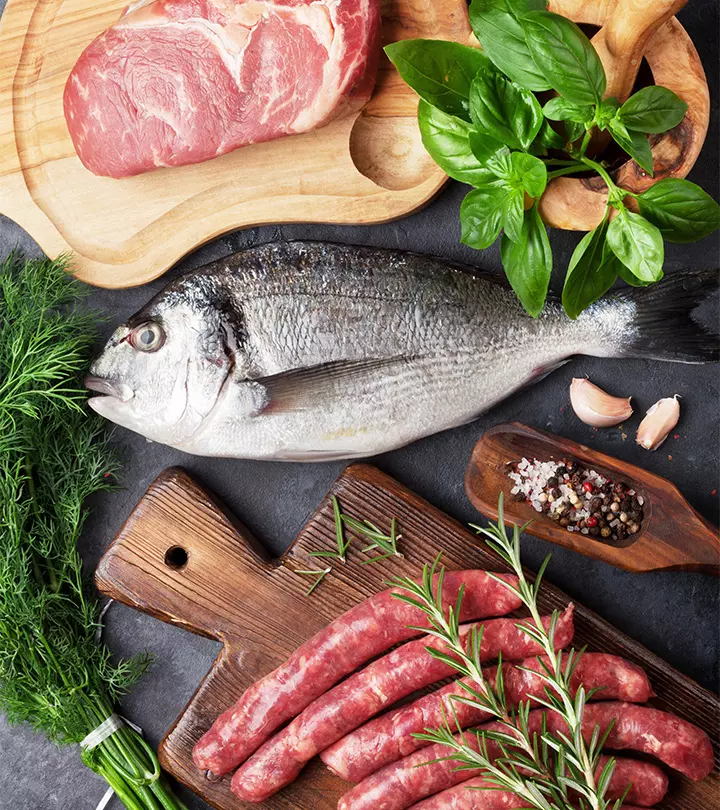
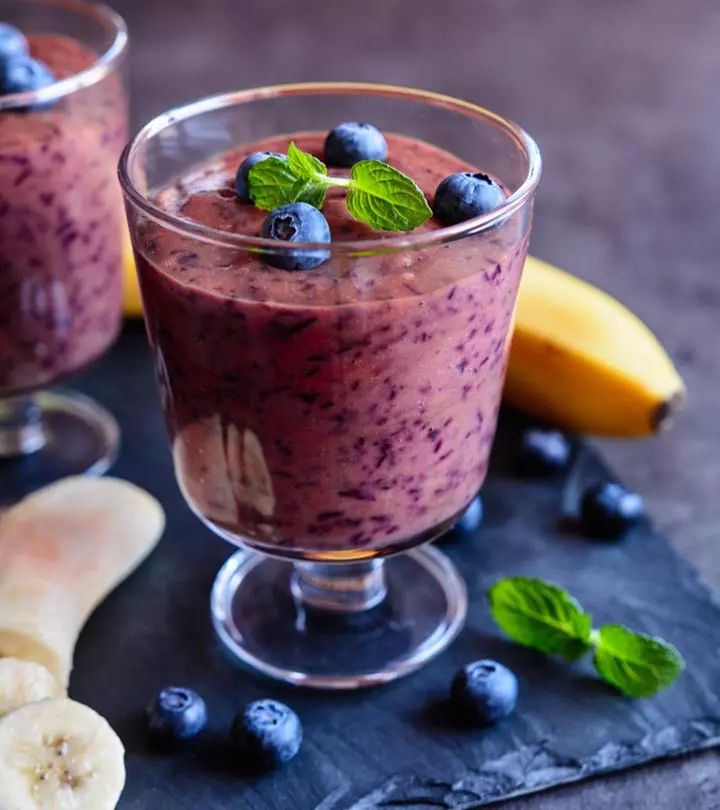
Community Experiences
Join the conversation and become a part of our empowering community! Share your stories, experiences, and insights to connect with other beauty, lifestyle, and health enthusiasts.